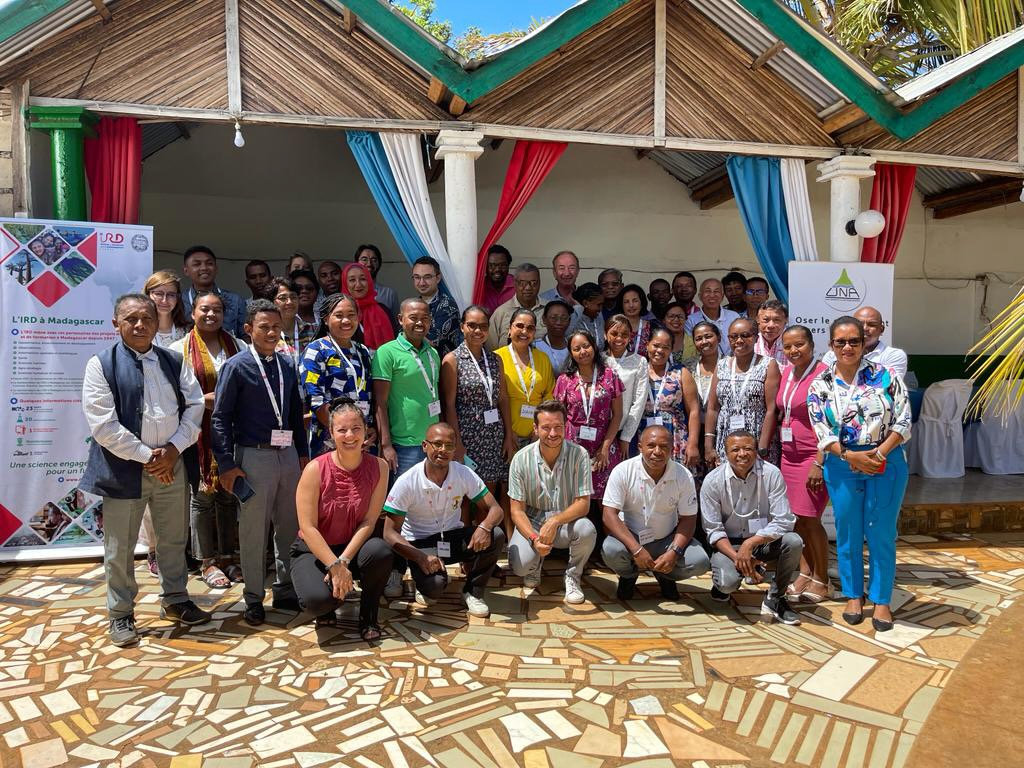Hayka: strengthening academic skills in Madagascar
From October 2 to 6, 2023, more than 40 female teachers-researchers, Professors EC), and administrative and technical staff (PAT) from nine doctoral schools and six Madagascan universities came together to participate in an intensive training course aimed at strengthening their skills in various key areas of higher education. Organized as part of the HayKa project, this initiative, co-financed by the European Union, took place in Antsiranana, Madagascar, providing a unique platform for exchange and professional development.

One of the main focuses of this training was doctoral supervision. Participants benefited from interactive workshops led by experts. These sessions covered topics such as best practices in supervision, thesis monitoring, and skills development for doctoral researchers. The aim was to equip participants with the tools they need to guide the next generation of researchers in their academic careers.
Ethics, professional conduct, and impact
Research, as a pillar of higher education, must be based on solid ethical and professional standards. The sessions dedicated to this topic allowed participants to discuss common ethical dilemmas in research, the fight against discrimination—particularly related to gender-based and sexual violence—and fundamental ethical principles. This approach reinforces a commitment to academic integrity and prepares participants to navigate the ethical complexities of the academic world, whose challenges are universal.
An essential skill for academics is the ability to communicate effectively. Administrative and technical staff, Professors researchers participated in practical workshops to improve their oral and written communication skills. This included preparing compelling presentations, learning how to use tools, and developing communication skills tailored to their audiences. The goal is to enable participants to convey information clearly and effectively.
Maximizing opportunities
Research funding was also a key focus of the training. Trainers shared their knowledge on writing successful proposals, identifying funding sources, and ensuring applications meet donor expectations. Participants gained practical skills to maximize their chances of securing funding for their research projects.
This training was made possible thanks to the HayKa project, an initiative co-financed by the European Union. This project aims to strengthen institutional capacities and maximize employability in higher education in Madagascar, particularly in the context of doctoral studies. The training in Antsiranana is part of this broader mission by providing professional development opportunities to key players in the academic world and better equipping them to advance academic excellence in Madagascar.